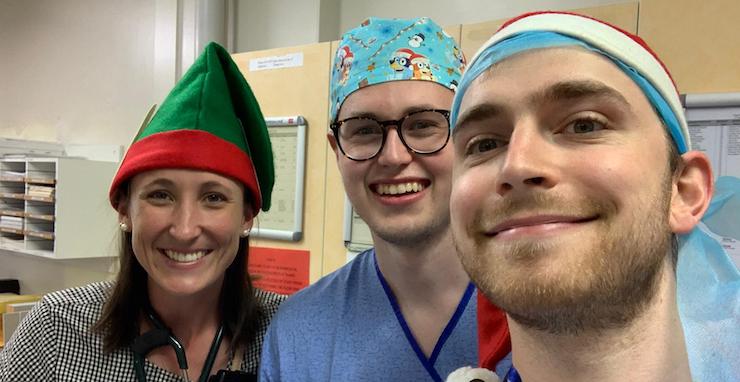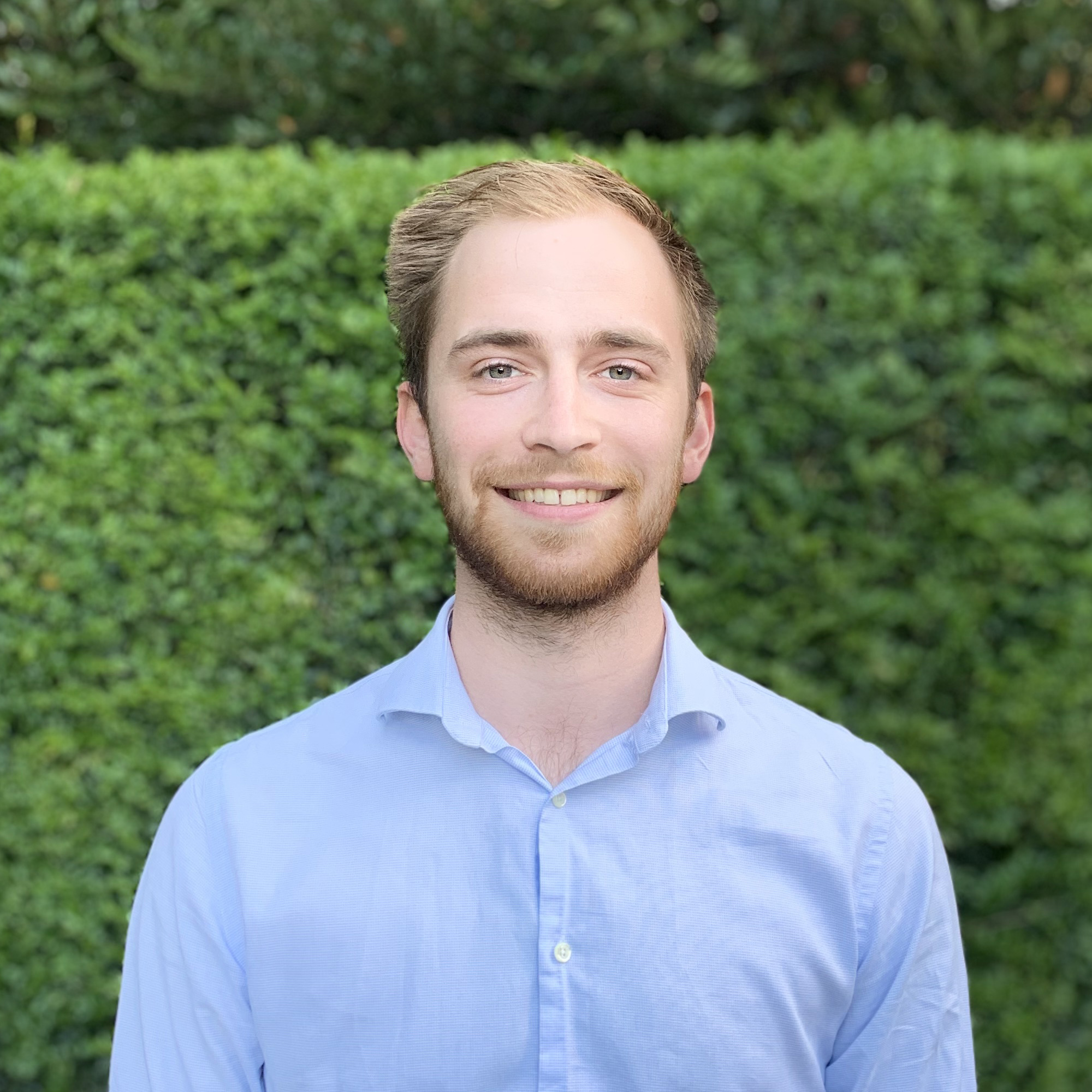I'm Leaving Full-Time Medicine - Here are the Reasons Why
Technology, risk-taking, and my plans for 2021

I've loved almost every second of a being a full-time clinician, but at this stage in my career I have strong compulsions pulling me in another direction.
As of next week, I'm leaving full-time medicine to pursue a part-time role working for myself building technologies that make our hospitals safer and more efficient.
I've been planning this transition for 6 months or more now, and as I've slowly let the cat out of the bag to those around me (my friends, family and co-workers), reactions have fallen into two broad categories:
Reaction #1 (20% of people)
"What!? You've spent so long training to be a doctor, why are you giving it away now? It's too early to go part-time. How are you going to get onto a competitive training program with a hole in your CV?"
Reaction #2 (70% of people)
"That's so cool! You're going to be SO rich. I wish I could do that. Part-time? You will be living the dream!"
Unfortunately I think neither of these knee-jerk reactions adequately describe my thinking. Herein are the list the reasons behind my decision to go part-time, and why I'm taking "such a big risk":
#1 Huge opportunities to create cultural change
My skills on the boundary of clinical and technical have put me in a unique position to be an advocate for cultural change in healthcare. I see diverse career opportunities for myself on the interface between traditional medicine and the implementation of new technologies to drive healthcare efficiency, affordability and importantly, accessibility to diverse populations.
#2 I'm in a great position to take a risk
I'm 26 years old, I have no children, no mortgage and a small amount of savings. I have two professional skillsets at my disposal and a fantastic "back-up option" in full-time medicine.
I cannot imagine a better time in my life to try something off the beaten track than now.
#3 In protest of the conveyor belt
Since I knuckled down and decided I wanted to do medicine in 2009 or 2010, I've always had the next 3-4 years of my life clearly mapped out: Finish highschool, finish undergrad, finish postgrad, work a few medical officer years, get accepted to and finish a specialist training program, and finally sip mojitos by the pool as a consultant physician.
I've determined that I'm not comfortable living the rest of my young adult life this way. I'd like to at least create the illusion that the conveyor belt has an indeterminate endpoint, and perhaps a bend in the road that I can't foresee 3 years in advance.
#4 FOMO
Many of my peers from highschool have studied abroad for a year in Europe, or done something similarly adventurous. I'm putting forward part-time work in 2021 as my answer to the gap year.
I don't know how Toowoomba stacks up next to Prague, but I'll be sure to let you know.
#5 There's no downside
I'm fortunate to be in a position where by working part-time clinical hours, I'll still be making enough money to pay my groceries, rent, bills and save a small amount of cash.
So even if I never earn a penny outside the hospital this year, I will still have a roof over my head. I'll also likely still be highly employable in 2022, so I see no real downside to going part-time.
And to those who say "How will you get on a training program with a hole in your CV?" I say: I've decided that any archaic specialist college that views a year of trying to make our health systems better as a CV hole is a training program I don't want to be part of.
#6 I've got an entrepreneurial itch that needs scratching
Since mid-highschool I've had a fairly strong entrepreneurial drive.
I've made mobile games, apps for use in hospitals, a SaaS web application that I sold to a company working with the Victorian Department of Education, a book to teach healthcare workers how to code, and many other projects of varying degrees of merit.
I've accumulated a fairly broad set of skills in the hack-and-slash business world, and it's time to put them to use. As wonderful as clinical medicine has been for me, I cannot foresee a way to scratch this itch without trying something different.
#7 My side-projects have low ceilings on them while working full-time
I've had the internal realisation that the rate of progress I can make on any of my side-projects is capped by the number of hours I can muster up after a long day at work.
For much of this year I have been getting up to write code or articles for 1-2 hours before work, however this is scarcely sustainable.
I'd like to uncap the number of free hours I have available for these things and see what happens.
#8 To orient more healthcare workers to software development
Over the last 4 months I've accumulated a growing group of doctors and healthcare workers from all over the world who I'm teaching to code from scratch.
I don't propose each of them is going to be an expert software developer, but by better understanding what tools we have at our disposal, I propose that we'll have less friction for quality healthcare innovation.
If you're interested in getting involved, please leave your details here.
#9 Increasing my surface area for luck
You've got to be in it to win it, as they say.
Going part-time is a deliberate attempt to the increase the statistical variance of my career success outcomes.
I don't think astronomical success is likely, but there is a remote possibility that I could build something highly valuable. By increasing the volatility in my career trajectory, I hope to increase the likelihood of dramatic success.
#10 Upgrading the scope of my impact
I once heard an influential doctor say something to the effect of "Every clinician should aim to have two levels of impact. At the level of the individual patient in front of them, and at the level of the population at large.".
I'd very much like to do both.
It's become increasingly clear to me however that the road to improving outcomes at the global population level as a clinician are long and arduous (and understandably so).
I'm taking a bet on the fact that the fastest way for me to have a similar impact is through the world of health technology, rather than purely clinical brilliant gestalt (of which I have none).
In closing
In short, I see this move as a low risk, high reward play.
Either way, I'm hoping to be as transparent as possible on the journey, sharing both my successes and my failures.
If you're interested in seeing where this rabbit hole goes, feel free to follow me on Twitter and sign up to my newsletter.
